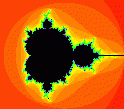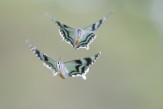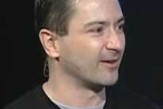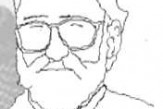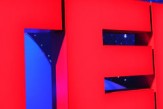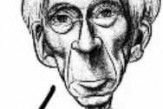Author Archive
Scicon Review
Neuropathic pain review
The last issue of Neuron features a nice review of the mechanisms behind neuropathic pain. Here is the abstract: Mechanisms of Neuropathic Pain Campbell et al Neuron Volume 52, Issue 1 , 5 October 2006, Pages 77-92 Neuropathic ...
Scicon Review
ASSC: William James Prize
The ASSC William James Prize for Contributions to the Study of Consciousness ASSOCIATION FOR THE SCIENTIFIC STUDY OF CONSCIOUSNESS (ASSC) Each year one prize is awarded for an outstanding published contribution to the empirical...
Scicon Review
ASSC: first call for symposia proposals
FIRST CALL FOR SYMPOSIA PROPOSALS ASSOCIATION FOR THE SCIENTIFIC STUDY OF CONSCIOUSNESS 11TH ANNUAL MEETING. Imperial Palace Hotel, Las Vegas June 22 – June 25, 2007 ————————...
Scicon Review
Illusion contest 2007 — call for submissions
****CALL FOR ILLUSION SUBMISSIONS: THE THIRD ANNUAL BEST VISUAL ILLUSION OF THE YEAR CONTEST**** http://illusioncontest.neuralcorrelate.com *** We are happy to announce the world’s 3rd annual Best Visual Illusion of the Year ...
Scicon Review
Genetics of emotional regulation
The second most read article in TICS (see previous headline) is a review (PDF) of studies from imaging genetics, the study of how genes make up our minds, as we have described here at SCR. Ahmad Hariri and Andrew Holmes reviews...
Scicon Review
A testable taxonomy for consciousness
For those of you who have not yet read it, the May 2006 issue of Trends in Cognitive Sciences featured an important article by Stanislas Dehaene, and prominent colleagues, called “Conscious, preconscious, and subliminal p...
Scicon Review
Is consciousness socially constructed?
In a new theory published in New Ideas in Psychology, consciousness is suggested to be the result of discourse. In other words, consciousness is socially constructed. It would be interesting to know how the author avoids a circ...
Scicon Review
Pure Novelty Spurs The Brain
Neurobiologists have known that a novel environment sparks exploration and learning, but very little is known about whether the brain really prefers novelty as such. Rather, the major “novelty center” of the brain&#...
Scicon Review
Mirrors In The Mind
In three new independent studies, researchers have deepened our understanding of the remarkable ability of some specialized areas of the brain to activate both in response to one’s own actions and in response to sensory c...
Scicon Review
Hominid evolution and development
Childhood is perhaps the defining feature of humanity. But how did it evolve? And when? Apart from Neanderthals, growth patterns of prehistoric humans are rarely studied because of the dearth of fossils that combine evidence fr...







